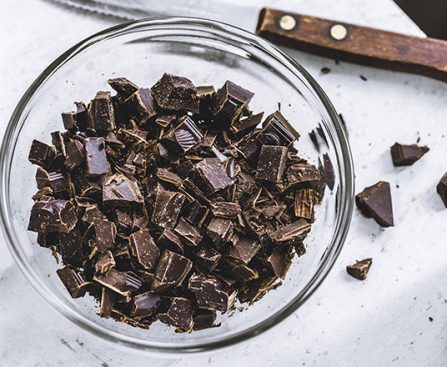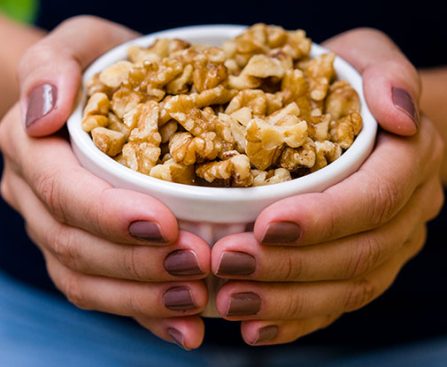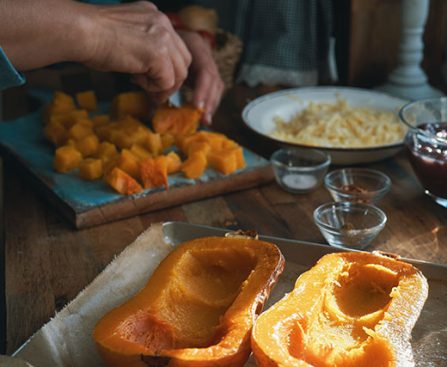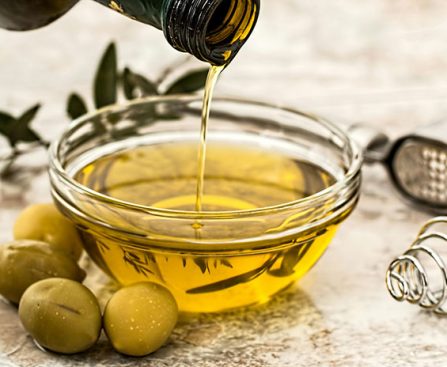Nothing celebrates Valentine’s Day like a lovely heart-shaped box of chocolates. In recent years, chocolates – specifically dark chocolates – have been praised as a healthy treat. Most dark chocolate is rich in plant chemicals called flavanols. Flavanols are antioxidants linked to a lower risk of heart disease. Read more: 5 ways to keep your heart healthy and happy In […]
For some, colder months are synonymous with soup season. From creamy tomato to hearty chili, soup is a great way to add local produce. While some soup recipes are already pretty healthy, there are even more ways to add nutrients to your cozy bowl. Here are four different substitutions and additions you can make to […]
The history of walnuts can be traced back to ancient Persia, where they were once meant for royalty. Eventually, walnuts made their way to California where they were listed in the state’s top 10 agricultural commodities of 2021. Walnuts have been considered valuable throughout history, but why? We might find the answer by looking at the nutritional […]
Inflammation is quite the buzz word in the health and wellness space recently. But what is it, and why does it matter? Inflammation is one of the ways the body protects itself from harm. It is an important body process, but if it goes unchecked, it can lead to health problems. Following a more anti-inflammatory eating […]
Have you ever wondered about the benefits of vibrant winter squash? How do the different colors play a role in improving your health? One of the many reasons squash is in high demand during the colder seasons is its high fiber and nutritional density. Some health benefits include improving blood pressure, supporting gut health, and decreasing your risk […]
Many people enjoy energy drinks for that quick boost of energy they provide. However, these drinks can have some negative impacts on your health and heart. Energy drinks are very easy to get, and many people drink them without thinking about how they might affect their health. With the rise in popularity of these drinks, […]
If olives are botanically classified as a fruit, can we say that olive oil is fruit juice? While we may not consume olive oil in the same way that we do apple or orange juice, there’s a reason people have used it for centuries. It’s popular for cooking, as a skin moisturizer, to strengthen hair, […]
If you or someone you know has been in hospital or had an illness or fall, you may need temporary care to help you get back to normal and stay independent. This short-term care is sometimes called intermediate care, or aftercare. Reablement is a type of care that helps you relearn how to do daily […]
During your stay in hospital (or before you go into hospital, if it’s a planned stay), hospital staff will discuss and plan with you: They will involve your family and carers if you want. It helps to have a key safe at home, or to leave keys with family or friends. What happens while you’re […]
Down’s syndrome Contents Important If you have Down’s syndrome, you should see a GP once a year for a check-up, so they can check your health. This is because there are other health conditions you may be more likely to have. Find out more about annual health checks. More common health needs Help with speech, language […]









